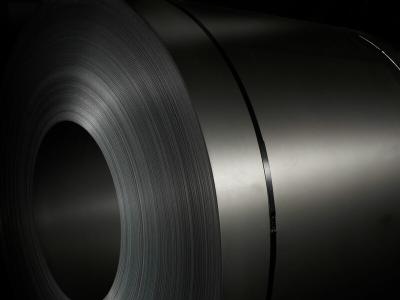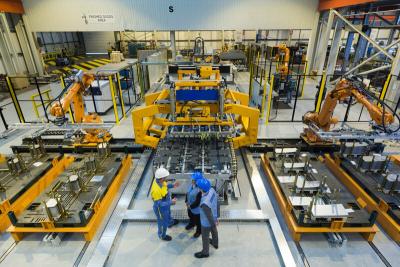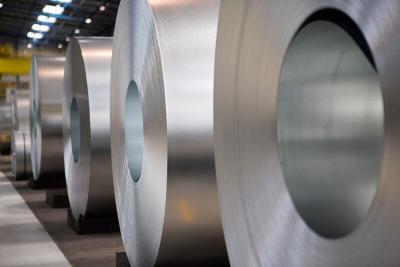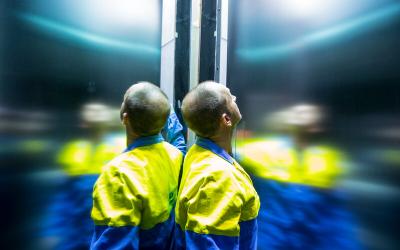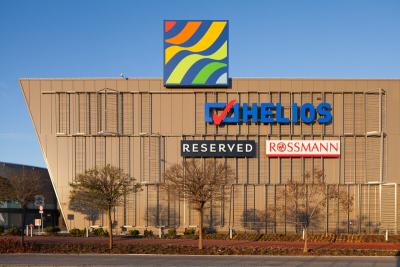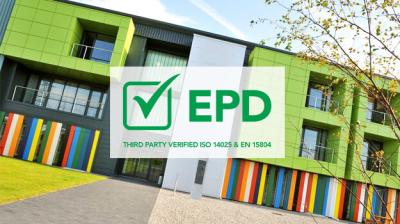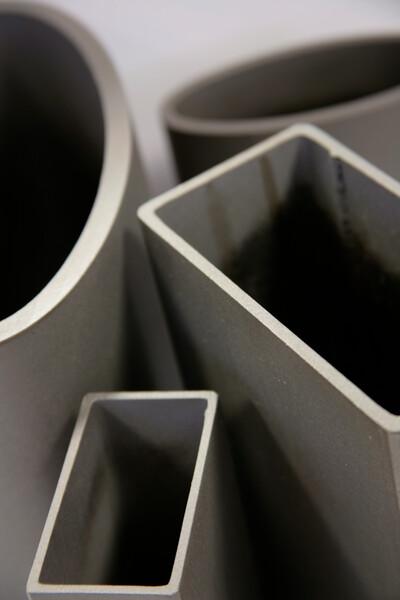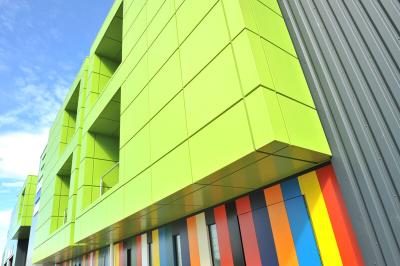Electrification will see significant reductions in use-phase emissions
So it is not surpirsing that the focus has turned to CO2 emissions during vehicle production, and in particular the emissions from the extraction and processing of the constituent materials. This is often known as the embodied carbon of the material or product.
Using steel as an example, embodied carbon describes the cumulative CO2 emissions of each of the production steps, from mining the iron ore to the where steel products are delivered to customers.
A vehicle’s embodied carbon is the total amount of carbon arising from the production of all the different materials used in its constituent parts.
Electrification and the phasing of the internal combustion engine will lead to a shift in the relative contribution of steel to the overall embodied carbon of vehicles, with a larger contribution of the batteries but still a substantial contribution of the materials used in structural components, outer panels and battery casing.


How does embodied carbon impact the automotive supply chain?
CO2 is emitted during material extraction and production, and in the manufacture of parts and vehicle assembly. Vehicle manufacturers have control over CO2 emissions from part manufacture and assembly, but much of a vehicle's embodied carbon of a vehicle is inherited in the materials they purchased.
Carbon emissions are often described in terms of scopes:
- Scope 1 - covers direct emissions from the organisation’s own production processes
- Scope 2 - indirect emissions from purchased energy e.g. electricity
- Scope 3 - indirect emissions (not included in Scope 2) associated with the value chain. e.g. purchased materials
Within the automotive value chain, Tiers and OEMs are understandably interested in what is being done to reduce scope 3 emissions during the manufacture of the materials they purchase.
The pathway to carbon-neutral steelmaking
Steel is a critical material for a decarbonised future and will be in demand as the necessary infrastructure is built. Global demand for steel continues to exceed the availability of scrap and demand is predicted to grow for many years to come.
Until then, primary steel will continue to be required and so we are looking for a carbon-neutral solution to its production. We will ensure that we can continue to meet the exacting requirements of automotive steels throughout a transition that will make use of the increasing availability of scrap and renewable energy.
For automotive downloads
-such as brochures, case studies and data sheets-
please click below:
Aachen Body Engineering Days 2020
Dr. Karl Haider, CCO of Tata Steel Europe will be presenting at the 13th Aachener Karosserietage - 15th and 16th September 2020.
His paper is entitled 'Taking care of tomorrow – Sustainability in the automotive value chain'.





